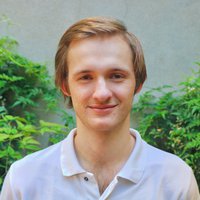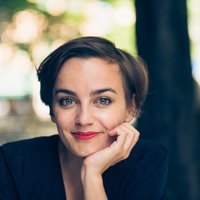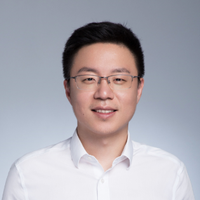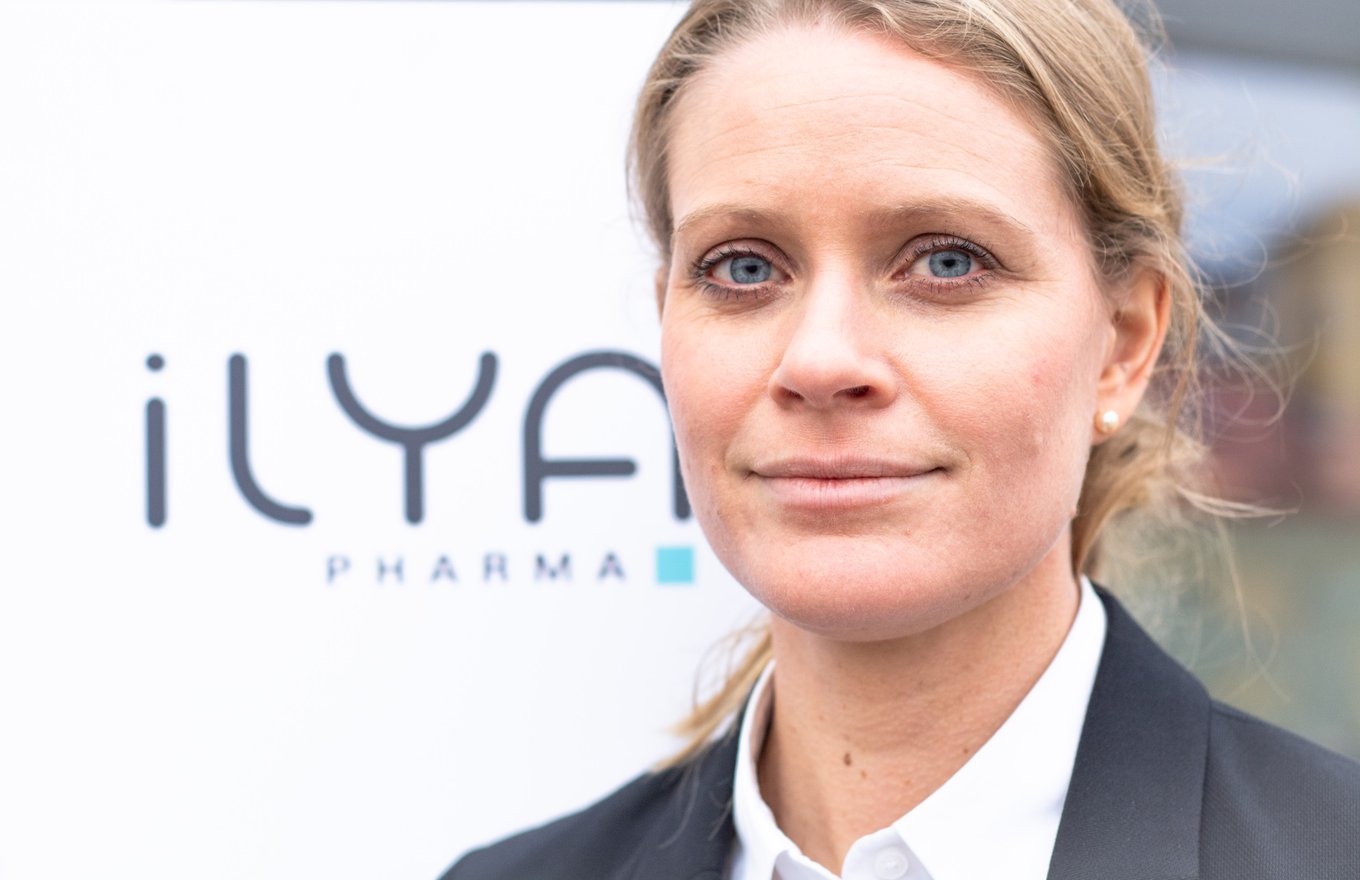Putting millions of bacteria in contact with an open wound may seem, at first glance, the worst of ideas. However, this is exactly what researcher and entrepreneur Evelina Vågesjö proposes, in order to treat quickly and efficiently, some of the most dangerous wounds that bring patients and doctors face to face. The proposal of this young woman, founder of the biomedical company Ilya Pharma, spin-off of the University of Uppsala (Sweden), is to turn these microorganisms into allies in the regeneration of damaged tissue. In particular, she proposes to use them to transport therapeutic substances that help rebuild damaged skin and mucous membranes to the point where they are needed and, once there, promote their effectiveness as much as possible.
Far from being harmful microbes, the genetically modified lactic acid bacteria used by Vågesjö are harmless to the patient. In situ and in a very cost-effective manner, these microorganisms produce a type of chemokine, a protein that accelerates the process of tissue regeneration. Vågesjö explains that the benefits are "accelerated healing, reduced infection rates, and minimal scarring." Thanks to this approach, the young woman has become one of the winners of Innovators Under 35 Europe from MIT Technology Review.
The drug that composes these bacteria is administered topically to the wounds. There, the bacteria live for an hour, during which time they function as bioreactors to produce chemokine and lactic acid. Lactic acid reduces the pH of the wound, which prevents the chemokine from degrading. It activates and makes specific immune cells recognize the tissue better, speeding up the healing process. For Vågesjö the key is in the action of the bacteria which causes a favourable change in the local microenvironment of the wound. "The body thinks that the wound is much bigger than it really is, which makes more and more specialized immune cells come and direct the healing process," she explains.
Vågesjö published the fundamentals of this system and its tests on mice in the scientific journal PNAS in 2018. Furthermore, since its founding in 2016, Ilya Pharma has raised almost eight million euros from both public and private sources. It currently has six compounds in its portfolio that could be converted into drugs and they are doing the first human trial with the main candidate compound, explains the young woman.
The first intended application is the treatment of difficult to close and dangerous ulcers, such as those caused in extremities by complications of diabetes. This disease, which affects 425 million adults worldwide, can damage nerves when blood glucose levels and blood pressure are too high. Nerve damage causes numbness and ulceration of the extremities, especially the feet; injuries often complicate to the point of amputation of the affected limb. According to the International Diabetes Federation, a lower limb (or part of one) is lost every 30 seconds as a result of this condition.
Researcher at the Reina Sofia-IMIBIC University Hospital (Spain) and the Massachusetts Eye and Ear Hospital at Harvard Medical School (USA), as well as member of the Innovators Under 35 Europe 2019 jury, Miguel González-Andrades, states that this project stands out for its innovative character. For this judge, this is also supported by the "several publications in high-impact journals within the sector," and for the fact that it focuses on "a well-defined clinical application." According to González-Andrades, Vågesjö's "excellent" scientific and business training "ensures the success of the project."
By Elena Zafra
Translation: Brian Bostwick




